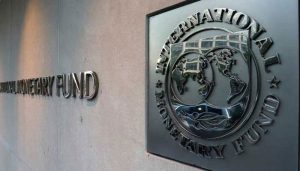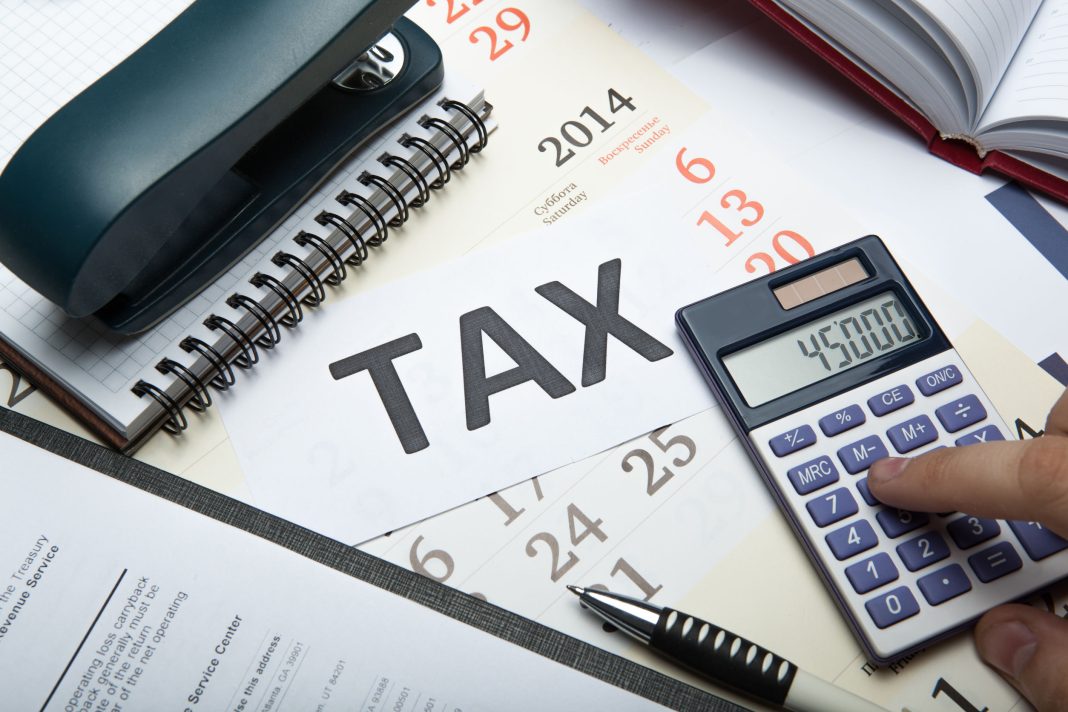Taxes are hitting the salaried class hard, with a staggering Rs391 billion paid in income tax over just nine months of this fiscal year. It’s a deeply unfair system when you realize that a whopping 10% of all income tax collected in Pakistan comes straight from these hardworking individuals.
To put it in perspective, for every Rs100 the salaried folks paid in taxes during the July-March period, they were shelling out Rs10, while the favored traders only contributed a measly 60 paisa.
According to the Federal Board of Revenue (FBR), the total income tax collected during these nine months hit Rs4.1 trillion, with the salaried class making up nearly 10% of that. This highlights just how much the government is leaning on this already marginalized group. Last year, that figure was only 7.5%.
Prime Minister Shehbaz Sharif’s government had aimed to squeeze an extra Rs75 billion in income tax from the salaried class for the entire fiscal year 2024-25. But guess what? That number has already shot past Rs140 billion, and there are still three months left in the fiscal year. In fact, income tax from the salaried class has surged by 56% compared to last year.
Last year, they paid Rs368 billion in taxes. Yet, despite this heavy load—where they’re taxed on their total income without any deductions for expenses—the government didn’t even bring up the idea of easing this burden in their recent discussions with the International Monetary Fund (IMF).
Dr. Najeeb Memon, the spokesperson for the FBR, mentioned, “We’re exploring different options to ease the tax burden on salaried individuals while still keeping our tax system progressive.”
The IMF team is set to arrive in Pakistan on May 14th to review the budget for the upcoming fiscal year before it’s presented to the National Assembly around June 4th, as per sources. They’ll be in the country until May 23rd.
According to these sources, a higher tax collection from salaried individuals might prevent significant tax rate reductions in the next fiscal year, given the considerable revenue implications.
In stark contrast to the Rs391 billion paid by salaried individuals, retailers—many of whom are unregistered—only contributed Rs26 billion in withholding income tax on their purchases. The taxes paid by traders under section 236-H were a staggering 1,420% lower than what salaried individuals contributed.
For every Rs10 that the salaried class paid in taxes, retailers only chipped in a measly 60 paisa.
Additionally, wholesalers and distributors paid Rs17.5 billion in withholding tax over nine months, with nearly half of them not registered with the FBR, the sources revealed.
PM Sharif has struggled to fulfill his promise of ensuring that retailers pay their fair share of taxes. The IMF may urge Pakistan to present credible alternative fiscal strategies to mitigate the effects of any tax cuts for the salaried class.
In the budget, the government introduced a 2.5% withholding tax on traders, hoping this would encourage them to join the tax system. While the increase did result in an additional Rs13.3 billion collected from traders, the main goal wasn’t achieved, as traders simply passed the extra tax cost onto consumers.
Last June, the government made a significant move by increasing the tax burden on salaried individuals. They did this by cutting down the number of tax slabs, which hit the middle and upper-middle-income groups the hardest. Now, if you’re earning Rs 443,000 a month, you’re facing a hefty tax rate of 35%, plus an extra 10% surcharge, which brings your total tax rate to a staggering 38.5% for the highest bracket.
The numbers reveal that non-corporate sector employees paid a whopping Rs166 billion in income tax this year, marking an increase of Rs50 billion or 43%. Meanwhile, corporate sector employees contributed Rs117 billion, which is also up by Rs40 billion or 52%.

Provincial government employees paid Rs69 billion in taxes, a significant jump of Rs34 billion or 103%. Federal government employees weren’t left out either, paying Rs39 billion, which is an increase of Rs15.5 billion or 65%.
For the current fiscal year, the IMF set a tax target of Rs12.97 trillion for the FBR, but they’ve already faced a shortfall of Rs714 billion over the past nine months.
Although the IMF has revised the target down to Rs12.3 trillion, the FBR’s internal estimates suggest that collections might still hover around Rs11.7 trillion. This is despite the government imposing an additional Rs1.3 trillion in taxes in the budget.
The FBR believes that lower-than-expected economic growth and inflation have taken a significant toll on their collection efforts.
For the latest updates and insights on new developments, visit the NEWSON
Q1. How much income tax did Pakistan’s salaried class pay in the first nine months of the fiscal year?
The salaried class paid a staggering Rs391 billion in income tax during the first nine months of the fiscal year, accounting for nearly 10% of Pakistan’s total income tax collection.
Q2. Why is the tax burden on salaried individuals in Pakistan considered unfair?
The salaried individuals are taxed on their total income without the ability to deduct expenses, while traders and retailers often contribute significantly less, despite earning substantial incomes.
Q3. How much more are salaried individuals paying compared to traders?
For every Rs10 paid by salaried individuals in taxes, traders contributed just about 60 paisa, highlighting the significant disparity.
Q4. What changes did the government make to income tax rates for salaried individuals?
Last year, the government increased the tax burden by reducing the number of tax slabs, pushing middle and upper-middle-income groups into higher tax brackets, with the highest earners facing up to 38.5% total tax.
Q5. How much has the income tax from salaried individuals increased compared to last year?
Income tax collected from the salaried class surged by 56% compared to the previous year, far surpassing the government’s initial targets.
Q6. What is the government’s stance on easing the tax burden for salaried employees?
According to the Federal Board of Revenue (FBR), they are exploring different options to ease the burden while maintaining a progressive tax system.


